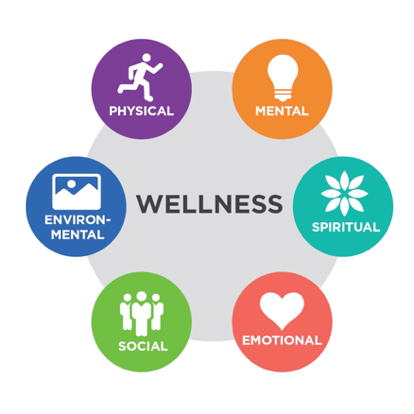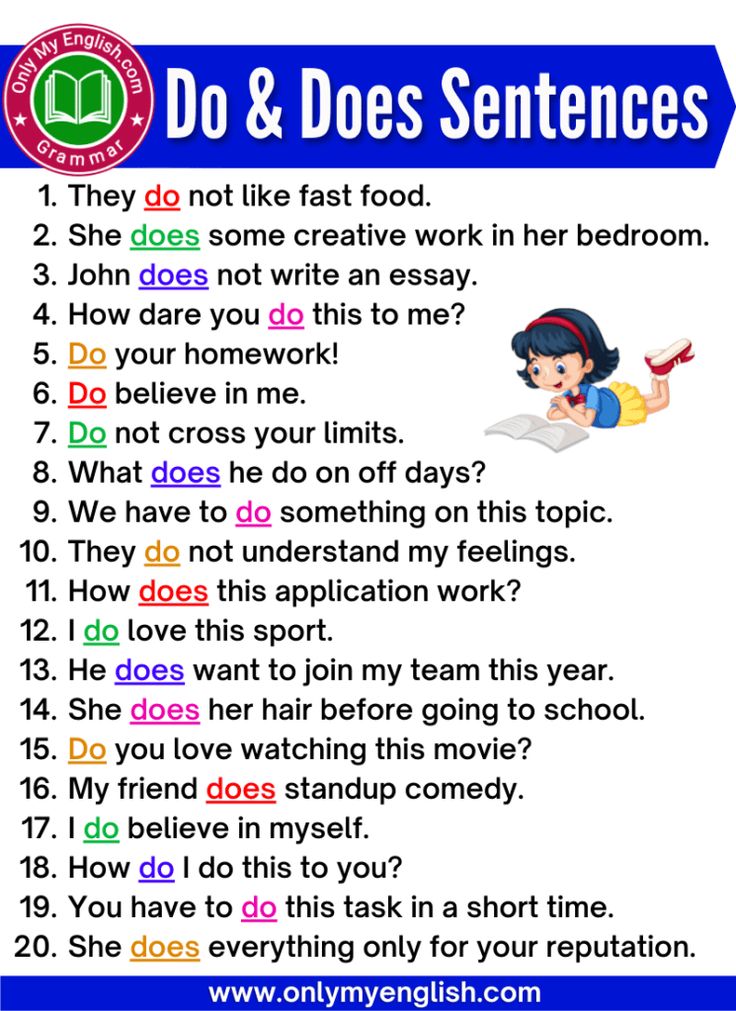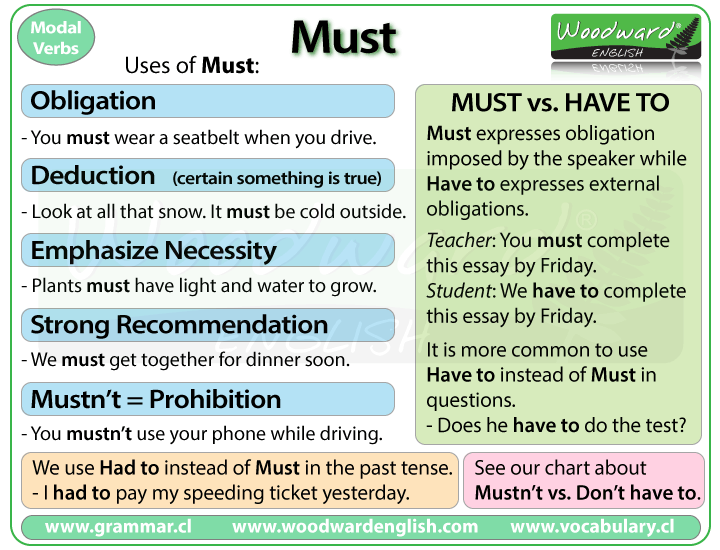Step-by-Step Guide: Building Your Career in Sports Marketing
Introduction: Why Sports Marketing?
Sports marketing blends the excitement of athletics with the strategic power of business, offering a dynamic career for those passionate about both fields. It’s more than just promoting a team or athlete-it’s about creating meaningful fan experiences, building brands, and driving engagement across a variety of media. As the sports industry continues to grow, so do the opportunities for skilled marketers ready to make their mark. This guide provides practical steps, real-world examples, and actionable strategies for anyone interested in breaking into the field of sports marketing.
Essential Education and Qualifications
Most sports marketing roles require at least a bachelor’s degree, typically in sports marketing, marketing, business, or a related field. University programs often include courses in global and internet marketing, customer relationship management, and promotional plan development. These foundational subjects equip future marketers with the knowledge and skills required for the workplace.
[1]
Some universities now offer specialized programs in sports marketing, which can give candidates a competitive edge.
[3]
While a bachelor’s degree is standard, some professionals enhance their credentials through graduate degrees or certificates focused on digital marketing, analytics, or sports management. Internships during college provide invaluable real-world experience and can open doors to future employment in the industry. If you are just starting, you can search for undergraduate programs by visiting the official websites of universities with strong sports marketing or sports management departments and reviewing their curriculum and internship offerings.
Key Skills for Success in Sports Marketing
Excelling in sports marketing relies on a combination of technical and soft skills:
-
Marketing Knowledge:
Understanding fundamental marketing principles is essential. This includes campaign planning, media selection, and promotional strategy development.
[1]
-
Analytical Skills:
The ability to interpret data, assess campaign performance, and identify trends is increasingly important. Marketers often use analytics to measure fan engagement and optimize strategies.
[3]
-
Communication:
Effective verbal and written communication allows marketers to convey ideas, collaborate across teams, and engage with fans.
[2]
-
Creativity:
The capacity to generate new and imaginative ideas sets successful sports marketers apart, especially when developing campaigns that resonate with fans and sponsors.
[2]
-
Organizational and Project Management:
Balancing multiple campaigns, budgets, and deadlines is critical in this fast-paced environment.
[4]
-
Digital Marketing:
Proficiency in social media, content creation, and online engagement is a must in today’s digital-first landscape.
[5]
These skills can be developed through formal education, internships, or by volunteering with local sports organizations, where you can participate in event promotion and fan engagement activities.
Career Pathways and Entry Points
Sports marketers can work for professional teams, collegiate programs, leagues, agencies, or major brands that sponsor sporting events. Entry-level roles include marketing coordinator, event assistant, or digital media specialist. Many professionals start by interning with a sports team, league, or agency. These internships provide hands-on experience and networking opportunities with industry professionals.
[3]

Source: stukent.com
If you are seeking internship opportunities, you can search for openings through the career portals of sports teams, league websites, or established job boards such as Indeed, Glassdoor, or LinkedIn. Use keywords like “sports marketing internship,” “event marketing assistant,” or “digital marketing sports” to find relevant listings. Consider reaching out directly to local semi-professional or college teams, as they may offer volunteer or part-time roles with flexible requirements.
Building Experience: Internships and Volunteering
Gaining real-world experience is one of the most effective ways to stand out in sports marketing. Internships are highly competitive but offer an inside look at campaign management, event execution, and fan engagement. Volunteering at sporting events, charity runs, or with youth sports leagues can also provide valuable exposure to the industry’s operations.
[5]
To maximize your chances, tailor your resume to highlight relevant coursework, digital marketing skills, and leadership in campus organizations. Attend industry networking events or sports marketing conferences when possible-these are often promoted by universities or professional associations. You may also join professional organizations such as the American Marketing Association or the Sports Marketing Association, which offer resources, events, and networking opportunities for aspiring professionals.

Source: marketingseas.com
Networking and Industry Connections
Building a strong professional network is crucial in sports marketing. Many jobs are filled through referrals or connections made at industry events. Engage with professionals on LinkedIn, attend sports marketing seminars, and participate in local or virtual networking events. Seek informational interviews with individuals already working in the field-this can provide insights into career paths and company cultures.
Professional associations and university alumni networks are excellent resources for mentorship and job leads. To find reputable organizations, visit the websites of established industry groups or use LinkedIn’s search features to identify sports marketing professionals and groups.
Developing Your Brand and Portfolio
In a competitive market, personal branding can set you apart. Create a professional online presence by showcasing your work on LinkedIn, a personal website, or a digital portfolio. Include examples of campaigns you’ve worked on, social media posts, event promotions, or analytics reports. Highlight measurable results wherever possible, such as increased social media followers, higher event attendance, or successful sponsorship activations.
Even if you have limited professional experience, you can build a portfolio by volunteering with local organizations, managing a sports-related blog, or producing content for a campus team or club. Document your process, outcomes, and what you learned from each project.
Staying Current: Trends and Continuing Education
The sports marketing landscape evolves rapidly, driven by changes in technology, fan behavior, and media consumption. Staying current with industry trends is essential. Follow leading sports marketing publications, attend webinars, and consider pursuing certifications in digital marketing, analytics, or social media management.
Free resources are available through reputable organizations. For example, the American Marketing Association offers webinars and articles on emerging trends. Additionally, many universities provide free or low-cost online courses in digital marketing or analytics. Staying informed will help you adapt and thrive in this fast-changing field.
Overcoming Challenges and Alternative Pathways
Breaking into sports marketing can be competitive. If you face difficulty securing your first job or internship, consider related roles in general marketing, public relations, or event planning to build relevant experience. Many professionals transition into sports marketing after gaining foundational skills elsewhere. Alternatively, look for opportunities with smaller organizations, nonprofits, or community sports programs, where you may have the chance to take on broader responsibilities and demonstrate your abilities.
Persistence, adaptability, and a willingness to learn are key traits for long-term success. Seek feedback, continue building your skillset, and remain proactive in pursuing your goals. Over time, your experience and network will open new doors in the industry.
Action Steps: How to Get Started
To begin your journey in sports marketing:
- Research and enroll in a relevant degree program or online certification focused on marketing or sports management.
- Seek out internships or volunteer opportunities with sports teams, leagues, or marketing agencies. Check job boards, university career centers, and official league websites for openings.
- Develop key technical and soft skills, including digital marketing, analytics, communication, and project management.
- Build your professional network by attending industry events, joining professional organizations, and connecting with alumni or mentors.
- Create a digital portfolio to showcase your work, results, and learning experiences.
- Stay updated on industry trends and continue learning through webinars, online courses, and industry publications.
If you need further assistance, contact your university’s career services office or reach out to professional organizations for guidance on building your career in sports marketing.
References
- [1] Indeed (2025). 9 Qualifications for Marketing Jobs in the Sports Industry.
- [2] Career Girls (2025). How to Become a Sports Marketer.
- [3] Sports Management Worldwide (2024). How to Land a Sports Marketing Job.
- [4] University of Florida (2025). What Does a Sports Marketer Do? 4 Skills You’ll Need.
- [5] Sports Management Degrees (2025). Sports Marketing: Salary and Responsibilities.
MORE FROM eboxgo.com













